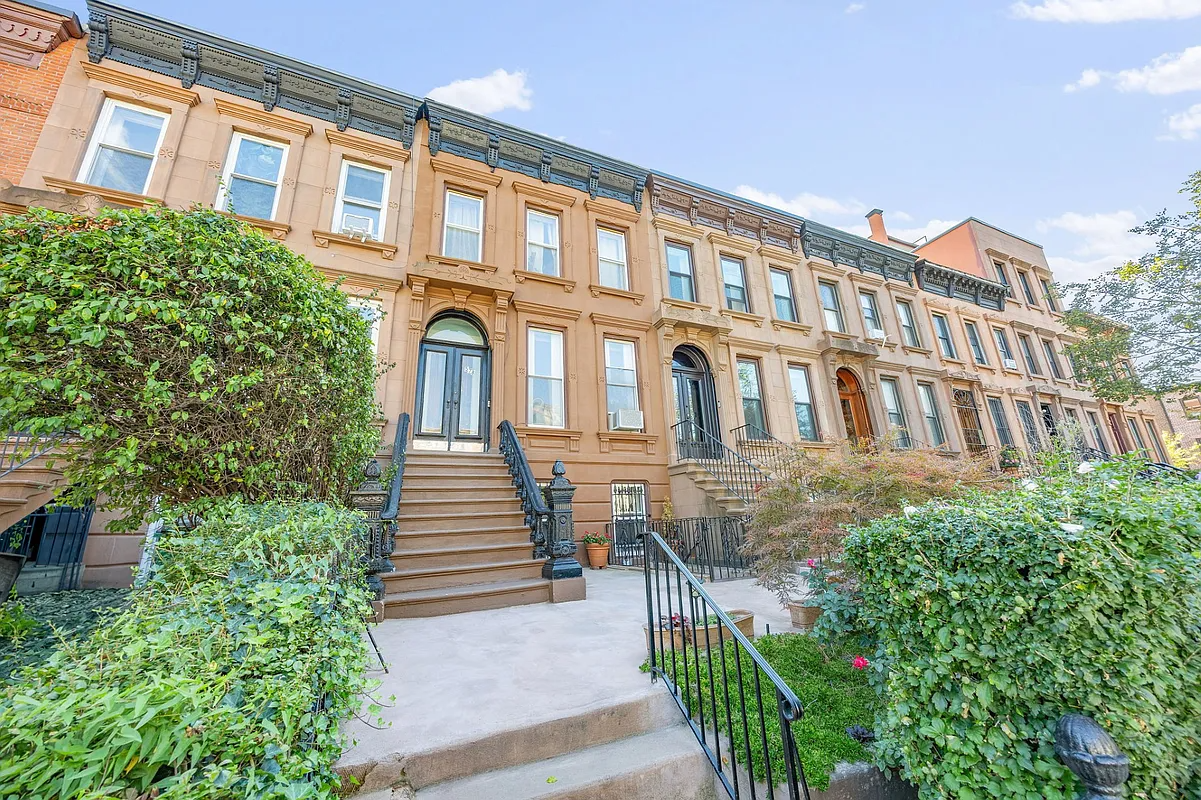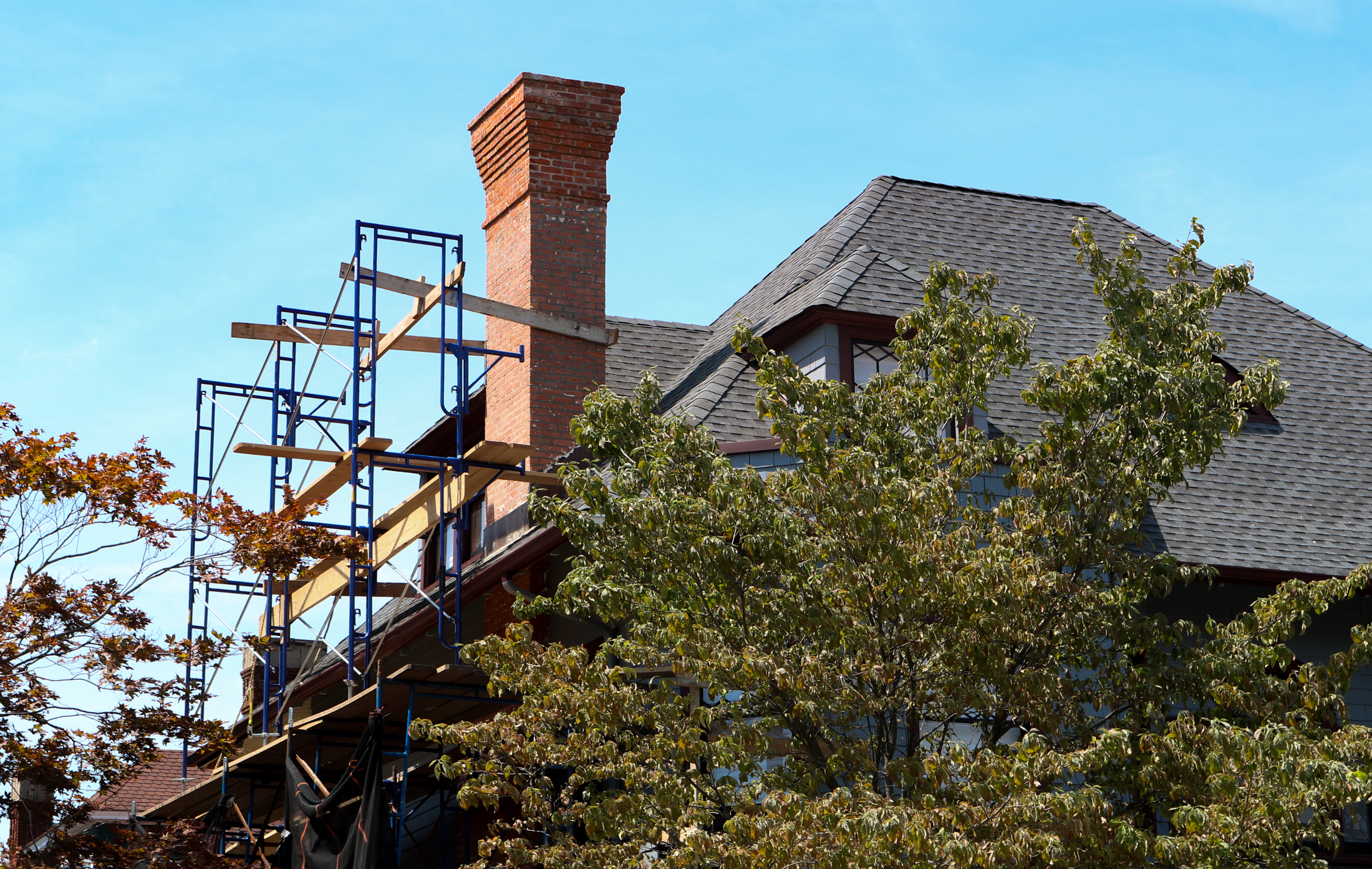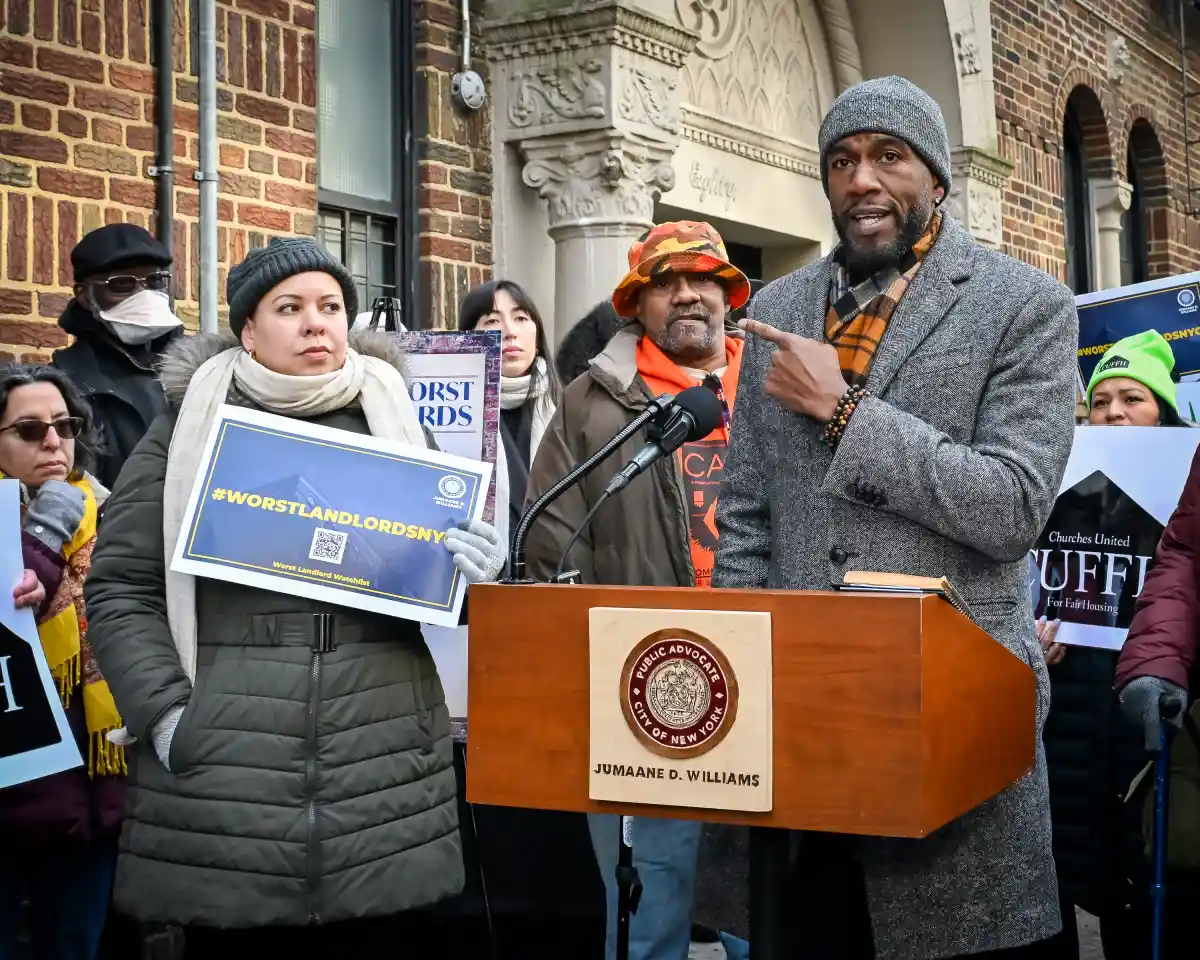Better to Buy or Rent?
The Times took a look this weekend at the math underlying the rent-versus-buy decision. One conclusion of the study was that is was about twice as expensive to buy right now in New York than rent on a purely monthly after-tax cash flow basis. The conclusion seems to be that buying right now only makes…


The Times took a look this weekend at the math underlying the rent-versus-buy decision. One conclusion of the study was that is was about twice as expensive to buy right now in New York than rent on a purely monthly after-tax cash flow basis. The conclusion seems to be that buying right now only makes sense if you believe prices will continue to rise:
For new home buyers, prices in New York would need to rise roughly another 13 percent over the next five years for the average buyer to do better than the average renter over that span. In Northern California, where the gap between house prices and rents is largest, home values would need to go up about 19 percent by 2010. Over the next decade, the break-even increase is about 25 percent in New York and 40 percent in California.
The article also points out that it’s impossible to account for the psychic benefit someone may derive from owning. True, but the psychic toll of losing equity also isn’t being accounted for!
Is It Better to Buy or Rent? [NY Times]





But Josh, they are probably sitting on $500K of equity. Not much of an ouch.
Big picture dude, look at the forest not the trees.
All this talk about AMT is relevant, but not that relevant. I’m in a very high tax bracket and get hit by AMT each year, but I still get a whooping mortgage deduction. In fact mortgage interest is generally deductible under AMT, with some minor exceptions. It is the State/City/R.E. taxes that are not deductible under AMT that cause the most pain.
I’d be getting penalized on AMT whether I owned or rented. One of my co-workers does not own and gets hit by AMT worst than me.
So, get off the AMT soapbox. If I did not own, I would be paying even more money down the drain on AMT.
As for rental income, that is not subject to AMT – or for that matter any taxes owing to deductions for depreciation and other expenses.
From a tax perspective, owning is advantageous, even in NYC.
puppy pure, you make some good well thought out points but the only thing I disagree with you about is the need to compare against a condo only.
I have friends that are renting in Manhattan and are looking into buying a coop in Manhattan (below around 100th st on the UWS)because they are cheaper than condos for the equivalent size, amenities and location. They sold a coop over a year ago so have enough cash for DP and liquidity requirements set by most coop boards. They are not thinking in terms of an investment property so the ability to rent out is not a consideration for them. They simply want a place to live and a coop, condo or house meets that need. I know what they are paying in rent and the price range that they are looking at to buy and the net effect will be in favor of buying because they are looking at coops.
Haven’t read all the posts but with the ATM hitting more double-income couples/families who are NOT really rich, the mortgage deduction becomes moot.
Also, noticed quite a few rentals in Brooklyn Heights at less than $1,700/mo for 1-bedrooms. Seems like there is more on th market and prices are dipping. For a while there was zilch below $2K.
David, you’re right if your decision is “should I rent this apartment or the purchase the absolutely identical one across the street?” But I don’t think most people are in that situation. In a real-world sense, it is absolutely meaningful to look at what your dollar can get you in different neighborhoods, in different scenarios (condo, coop, townhouse, suburbs). Also, the list of things you give as being negative in Bed-Stuy is legitimate, but it is very subjective and they are not all negatives for everybody. For example, I don’t feel further from Manhattan because the A train is so much faster than the C. Also, I appreciate the quiet and the neighborliness of where I live.
Linus – you have a point in that in reality people should be buying or renting their primary residence for “investment” purposes. The primary factor is that you need a place to live. Then you got to figure out short/term and longterm what your living needs will be. Then you figure out where you want to live and THEN you can figure in the economics. Anything else is pure price speculation (since a home is virtually always operated w/ a negative cash flow) which is fine if you are extremely rich but if your primary “investment” is a speculation play then you are very foolhardy.
David, you’re right if your decision is “should I rent this apartment or the purchase the absolutely identical one across the street?” But I don’t think most people are in that situation. In a real-world sense, it is absolutely meaningful to look at what your dollar can get you in different neighborhoods, in different scenarios (condo, coop, townhouse, suburbs).
puppypure,
I already own… I got on the property ladder nearly a decade ago so I don’t really have a dog in this fight. (For prices to drop enough to wipe out my gains over time, we’d basically have to have some kind of societal collapse situation in which I’d be more worried about catching rats to eat than about my equity.)
I definitely don’t envy anyone deciding whether to buy today. I was worried enough about it back then. But what threw me about this article is that — like so many articles on real-estate buying — it basically leaves someone looking to buy today to decide based on their prediction of what the market will do. I’m just never sure it’s good for the average person to be trying to guess, except in the most general sense, where the market will be in 5 years, let alone longer. So I was curious about your calculations in your own situation.
Anyway, I’ll stop bothering you now. Thanks.
No offense Sal but one of the quality of life issues you’d also have to consider is that you now live in Bed Stuy (more crime, less amenities, less public transportation, further from Manhattan, etc…) – You have to compare neighborhood to neighborhood otherwise it is totally meaningless